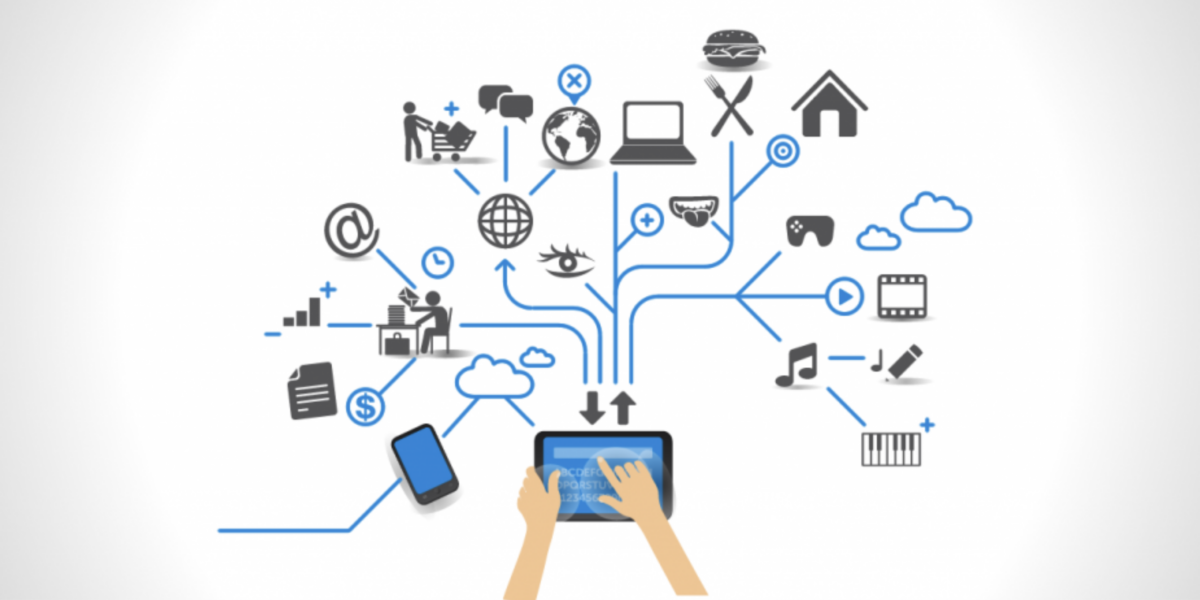In an increasingly interconnected world, cybersecurity has moved to the forefront of concern for individuals, organizations, and even nations. The rapid digitization of critical sectors like healthcare, finance, and government underscores the importance of robust cybersecurity measures and constant adaptation to stay ahead of sophisticated cyber threats.
Cyber-attacks have seen a rise in both complexity and scale. Criminals employ advanced tactics, from ransomware and phishing to AI-driven attacks, aiming to exploit vulnerabilities and gain unauthorized access to sensitive information. The implications of such breaches can be far-reaching, from disrupting critical infrastructure to compromising national security.
Data protection is crucial in this cyber threat landscape. Sensitive personal and business data can be the target of malicious attacks, putting privacy and integrity at risk. Therefore, robust encryption methods, access controls, and regular data audits are paramount in ensuring data security.
Artificial intelligence and machine learning play significant roles in enhancing cybersecurity. AI-driven systems can analyze network patterns, detect anomalies, and predict potential breaches, enabling preemptive action. Machine learning algorithms, capable of learning from each interaction, continually refine their threat detection capabilities, bolstering defense mechanisms.
However, as much as AI aids cybersecurity, it also presents a new frontier for cyber threats. Cybercriminals are beginning to harness AI to automate attacks, bypass security measures, and even mimic human behavior to gain access to systems. Hence, cybersecurity strategies must evolve in tandem, continually updating and adapting to stay one step ahead.
Cyber attacks’ impact extends beyond just the digital realm, particularly in sectors like healthcare, finance, and government. A breach in healthcare data can compromise patient privacy and disrupt critical care services. Financial cyber threats can lead to substantial economic losses, and attacks on government infrastructure can threaten national security. The need for a secure digital ecosystem is evident and pressing.
Therefore, collaboration across sectors and borders is crucial in creating a more secure digital landscape. Sharing threat intelligence, establishing global cybersecurity standards, and fostering a culture of cybersecurity awareness can significantly contribute to mitigating cyber threats.




